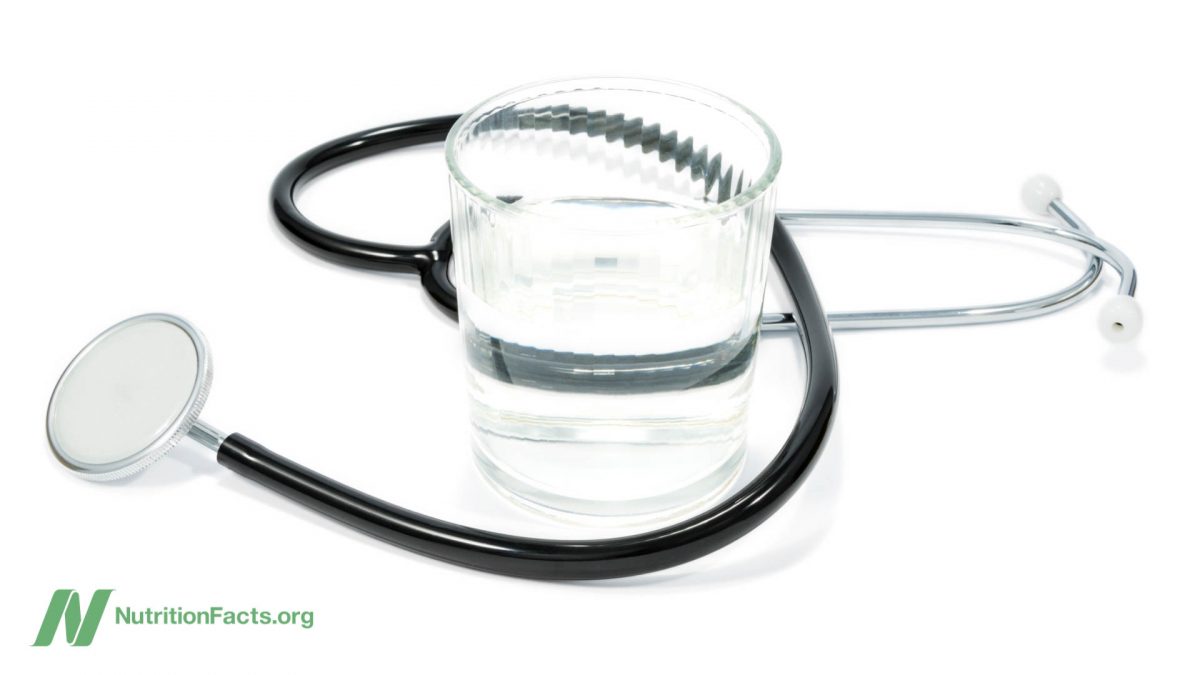
Blood Pressure
The number-one risk factor for death in the world (according to the Global Burden of Disease Study, the most comprehensive and systematic analysis of the causes of death ever undertaken) is high blood pressure. Also known as hypertension, high blood pressure reportedly lays waste to nine million people worldwide every year. It kills so many people because it may contribute to deaths from a variety of causes, including aneurysms, heart attacks, heart failure, kidney failure, and stroke.
Increased blood pressure may put a strain on the heart and damage the sensitive blood vessels in our eyes and kidneys, cause bleeding in the brain, and even lead certain arteries to balloon and rupture. The fact that hypertension is able to damage so many organ systems and increase the risk of heart disease and stroke, two of our leading killers, explains why it is the number-one killer risk factor worldwide.
As you age, your blood pressure tends to get higher and higher. Is high blood pressure, like wrinkles or gray hair, just an inevitable consequence of aging? We’ve known for nearly a century that this isn’t true, based on studies of population studies in areas like rural China where average blood pressures remained around the ideal of 110/70 their entire lives. Their plant-based diets may have played a factor given that the only population in the Western world that enjoys such low average pressures may be those eating strictly plant-based.
So high blood pressure may be a choice: We can continue eating the artery-bursting Western diet, or we can choose to take off the pressure by centering our diet around unprocessed (no added sodium) plant foods. Eliminating humanity’s primary risk factor for death may be simple. No drugs, no scalpels. Just forks.
For substantiation of any statements of fact from the peer-reviewed medical literature, please see the associated videos below.
Popular Videos for Blood Pressure

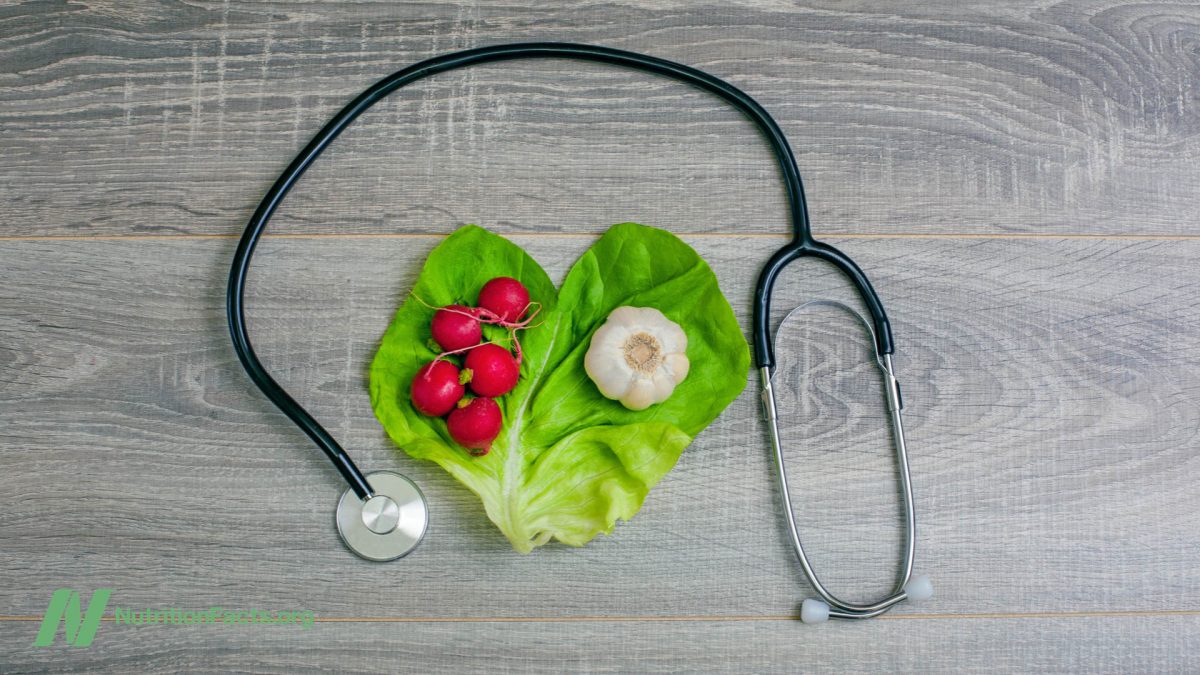
How to Lower Blood Pressure Naturally with Lifestyle Changes
The effect of fasting to lower blood pressure compared to medications, cutting down on alcohol,...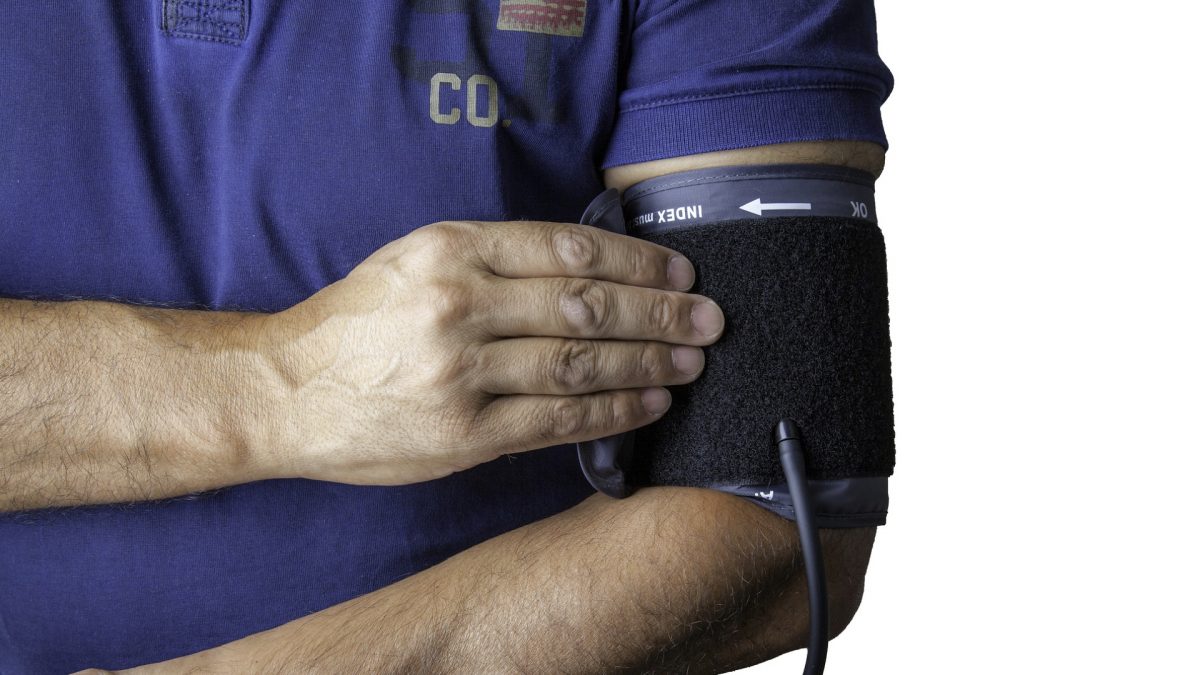
What the New Blood Pressure Range Guidelines Mean
Natural approaches to lowering high blood pressure can work better than drugs because you’re treating...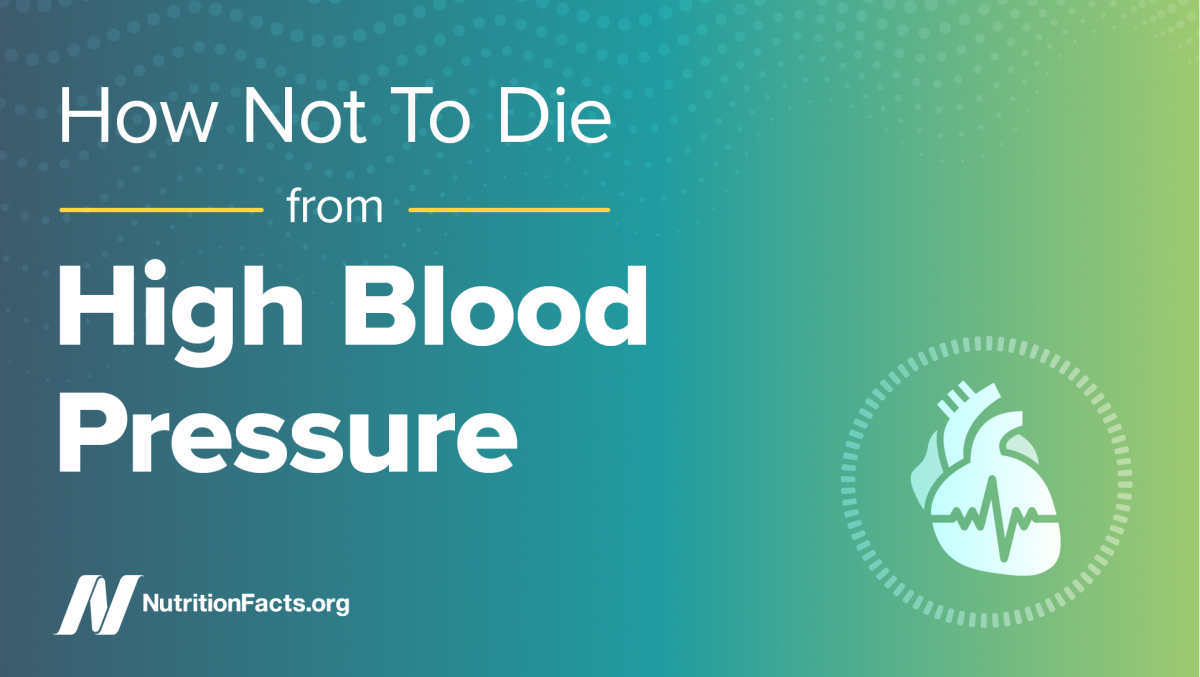
How Not to Die from High Blood Pressure
How might we prevent and reverse hypertension, the number-one risk factor for death in the...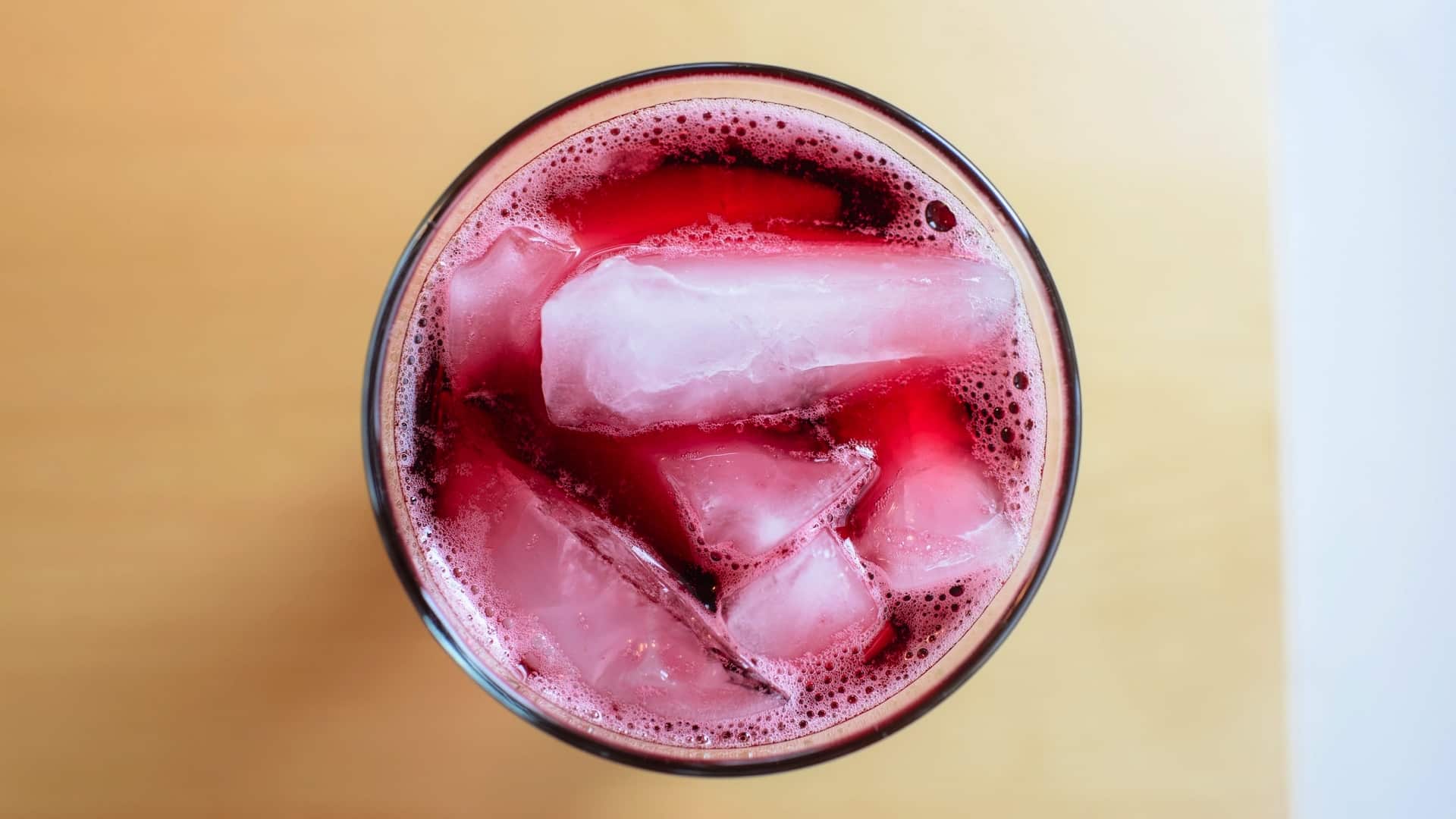
Hibiscus Tea vs. Plant-Based Diets for Hypertension
How do the blood-pressure lowering effects of hibiscus tea compare to the DASH diet, a...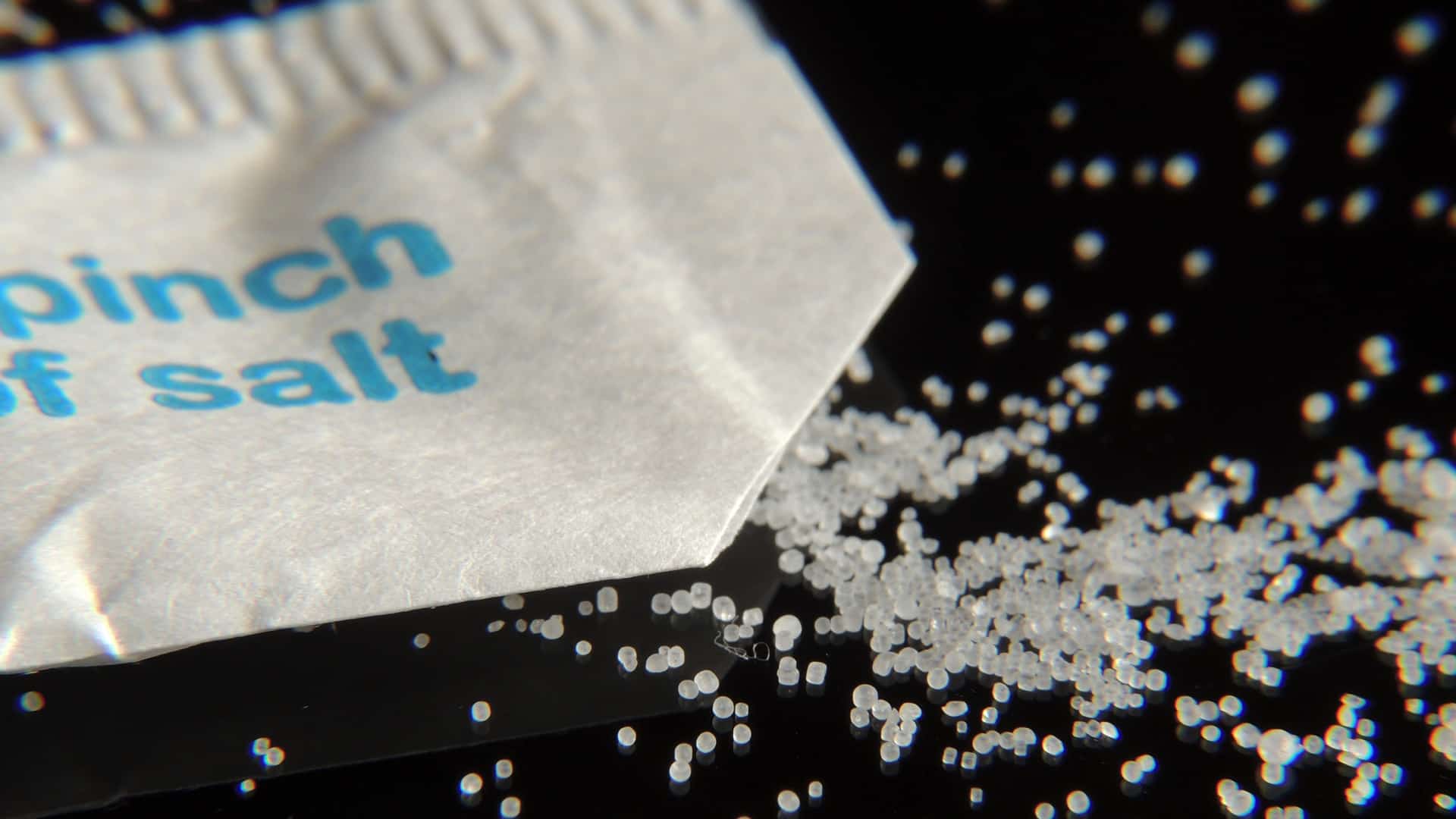
Sprinkling Doubt: Taking Sodium Skeptics with a Pinch of Salt
Is the sodium debate a legitimate scientific disagreement or a “controversy” manufactured by industry?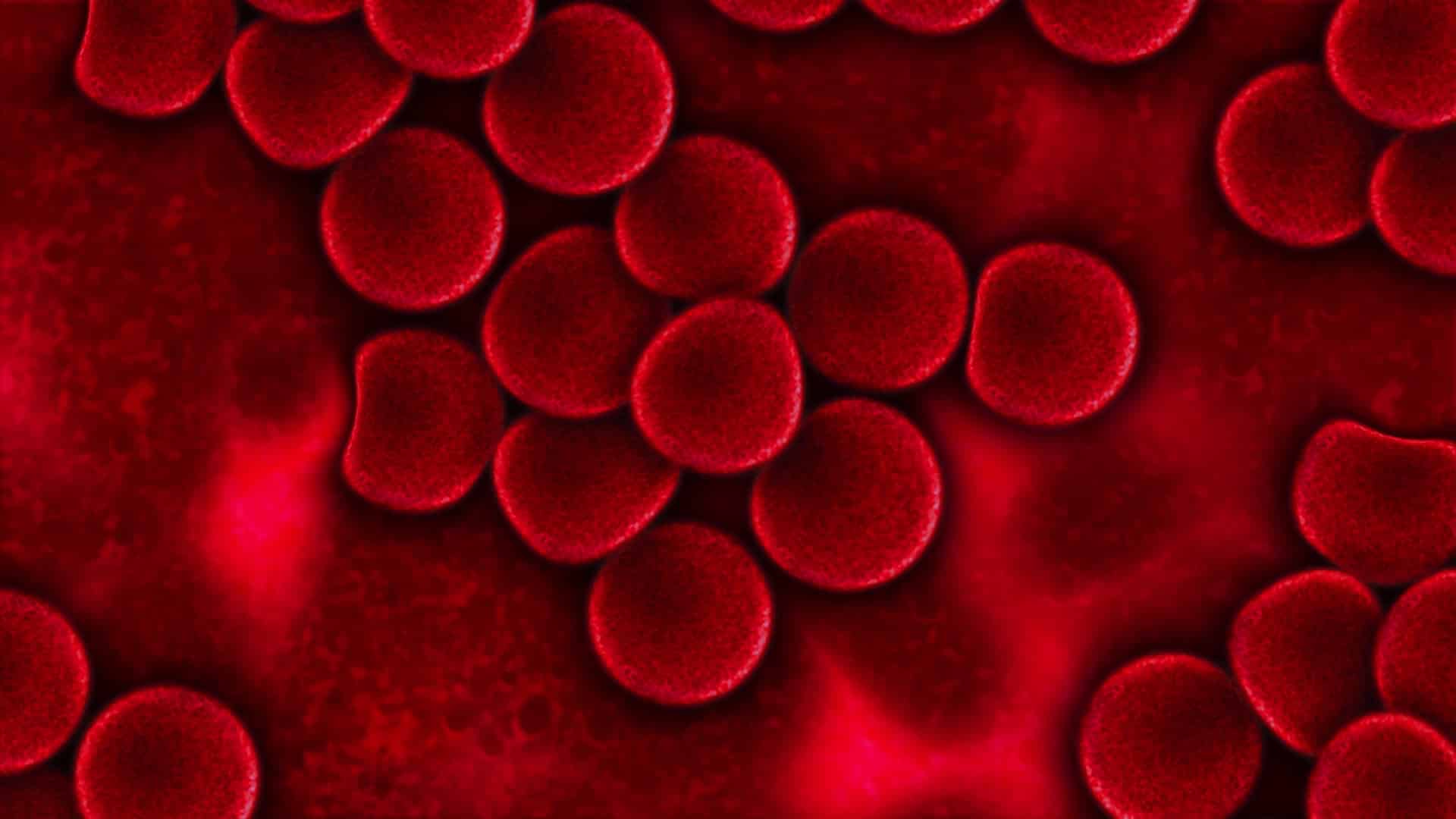
Oxygenating Blood with Nitrate-Rich Vegetables
Vegetables such as beets and arugula can improve athletic performance by improving oxygen delivery and...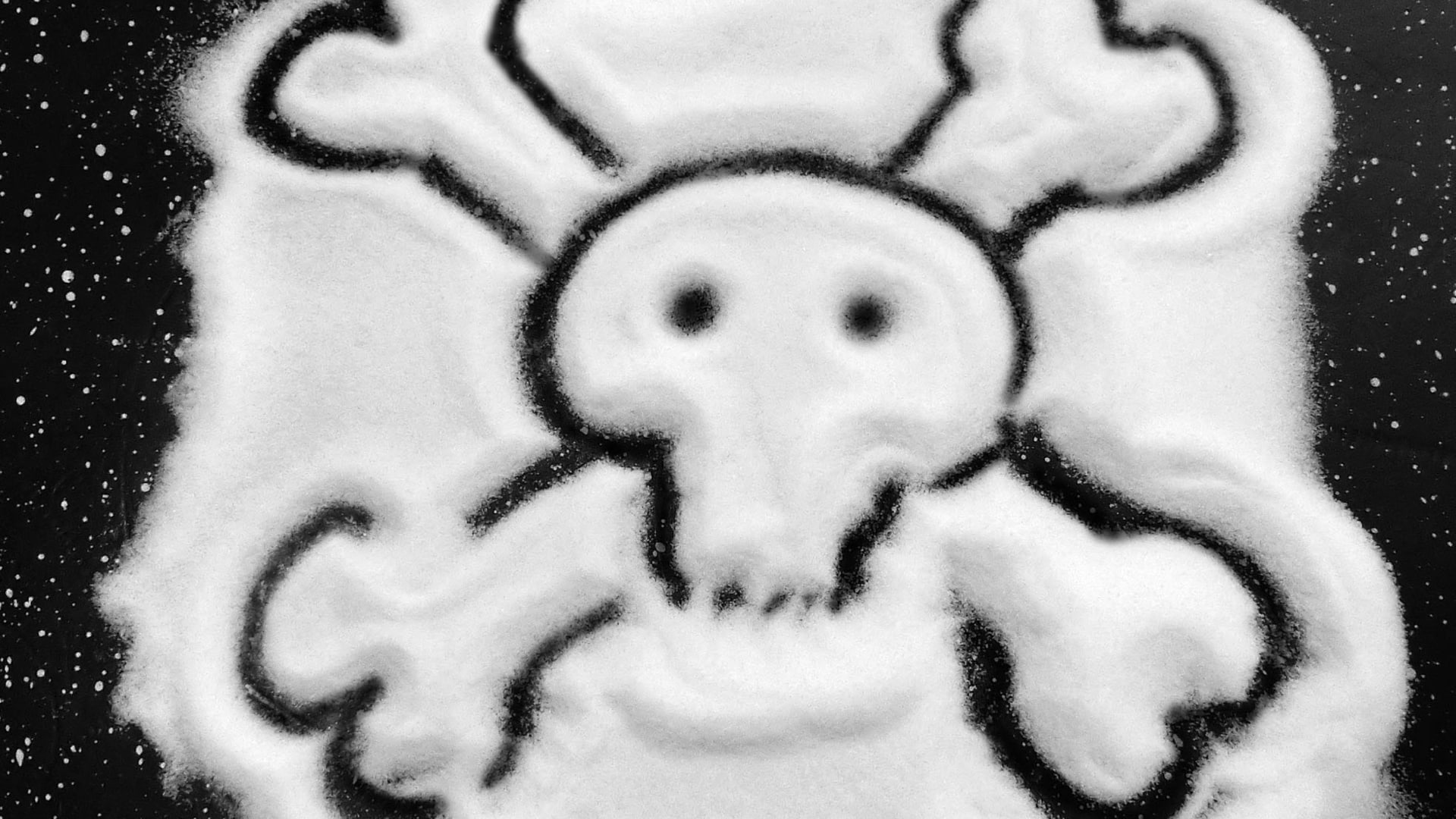
High Blood Pressure May Be a Choice
Eating a diet low enough in sodium (salt) can prevent the rise in hypertension risk...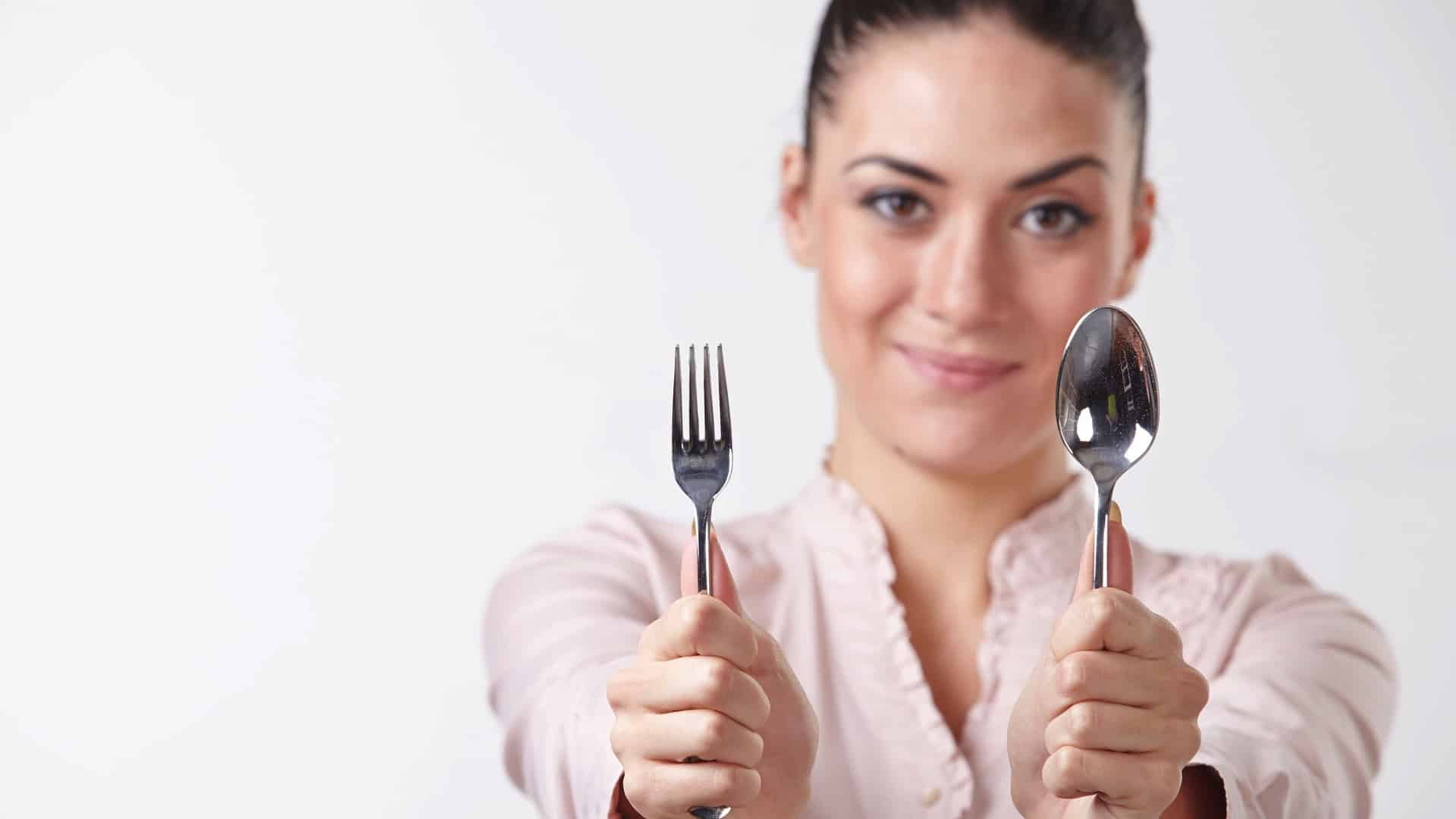
How to Treat High Blood Pressure with Diet
The first-line treatment for hypertension is lifestyle modification, which often includes the DASH diet. What...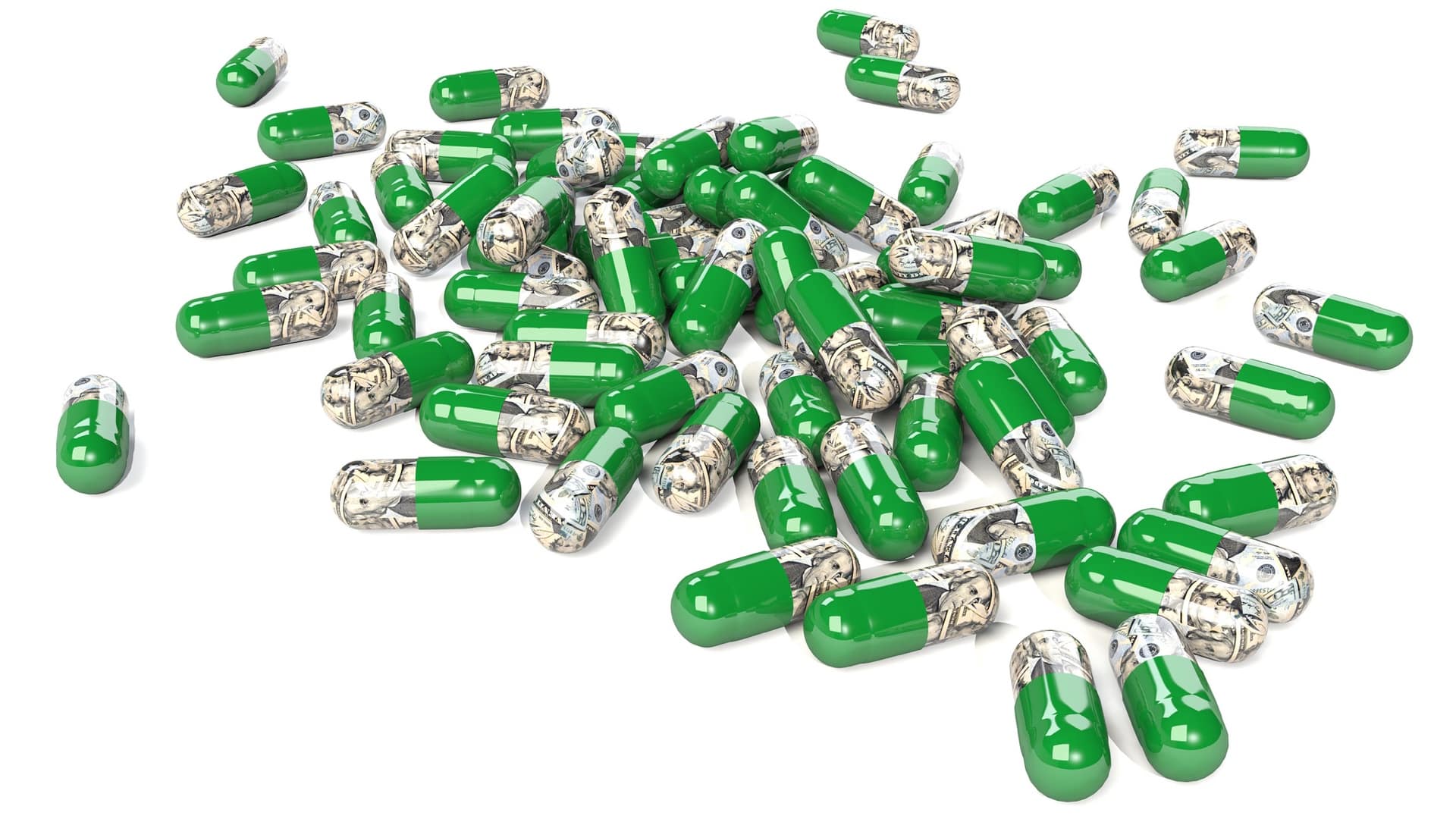
Drugs & the Demise of the Rice Diet
What is the contemporary relevance of Dr. Kempner’s rice and fruit protocol for the reversal...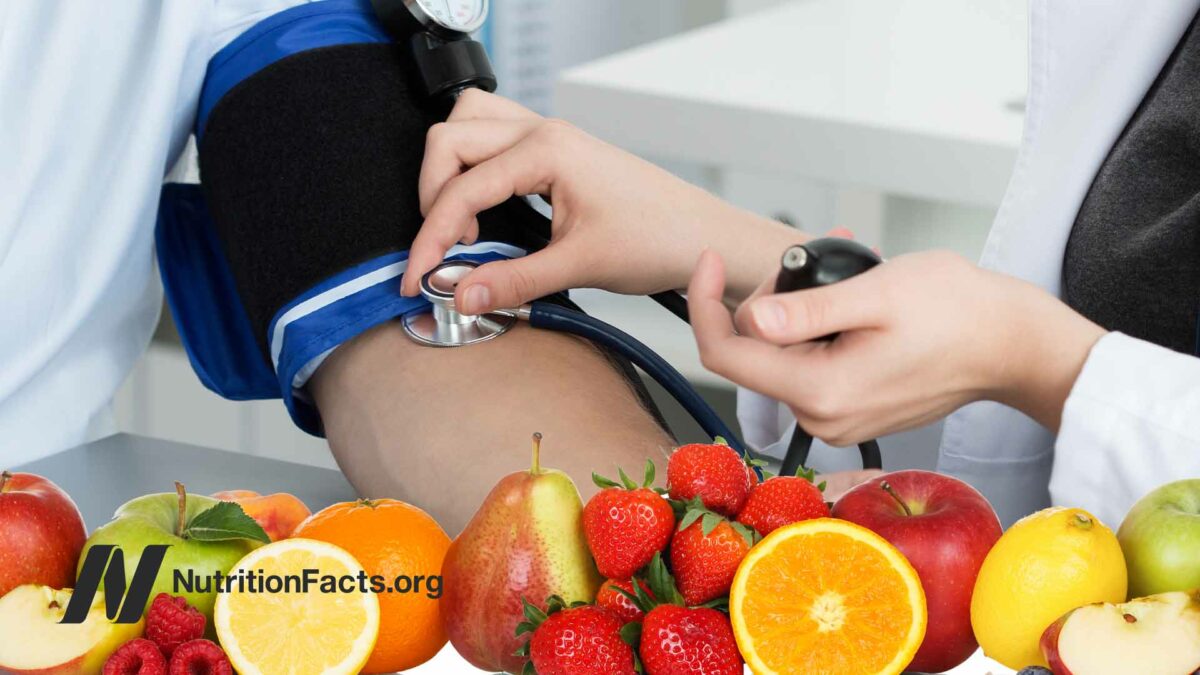
How to Prevent High Blood Pressure with Diet
High blood pressure, the #1 killer risk factor in the world, may be eliminated with...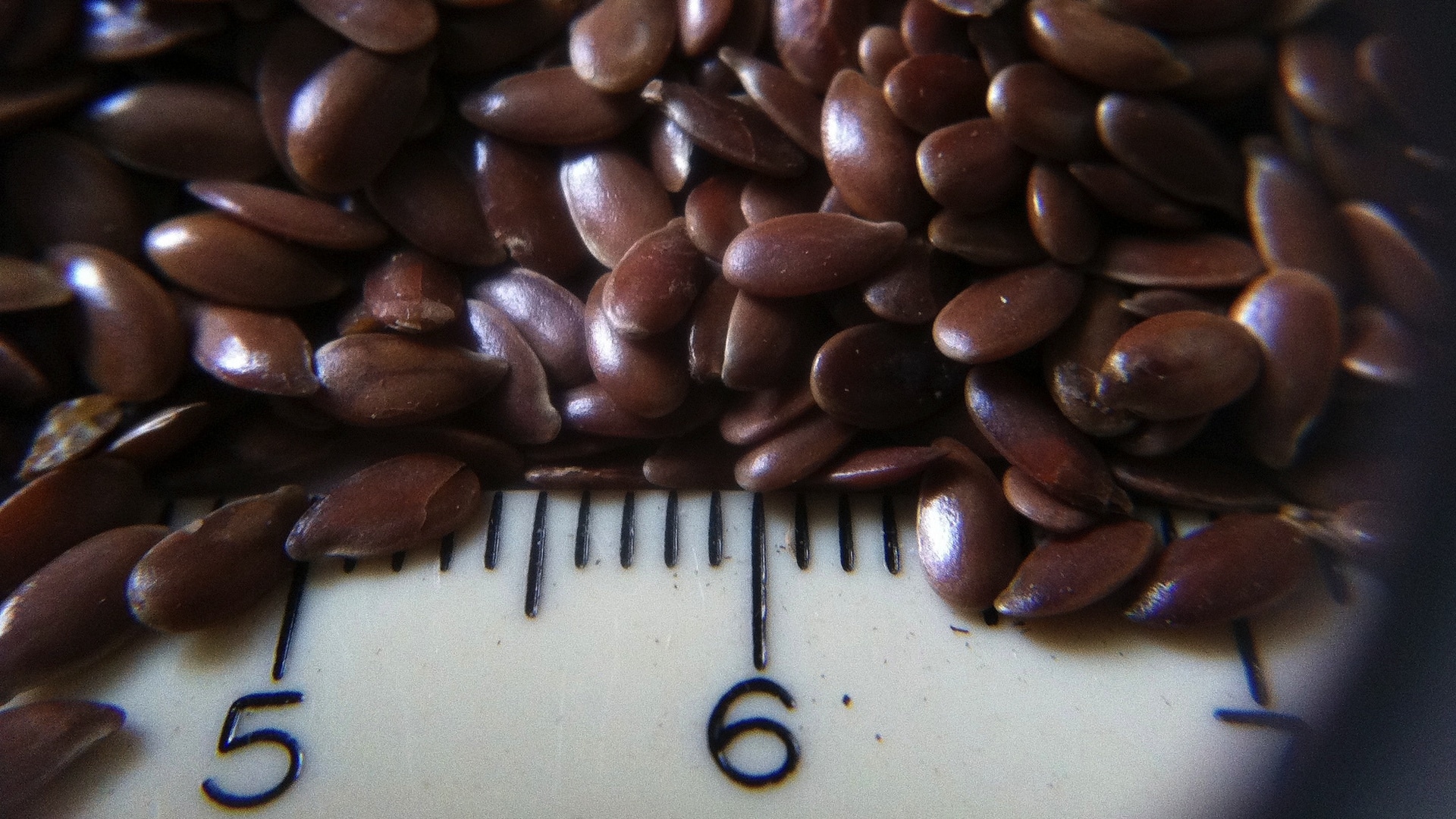
Flaxseeds for Hypertension
Extraordinary results reported in a rare example of a double-blinded, placebo-controlled, randomized trial of a...
Kempner Rice Diet: Whipping Us Into Shape
Dr. Walter Kempner was a pioneer in the use of diet to treat life-threatening chronic...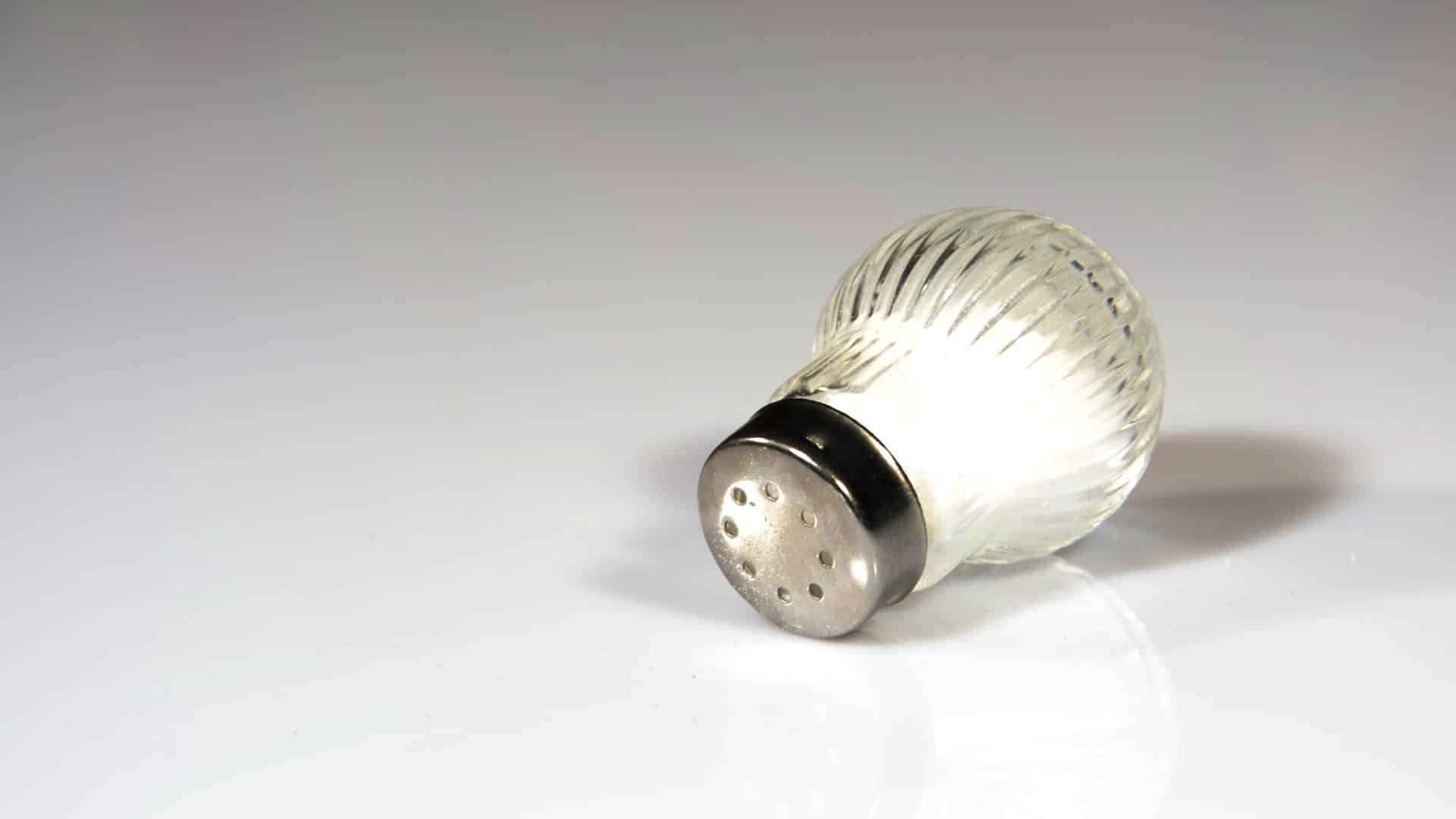
The Evidence That Salt Raises Blood Pressure
Rather than reformulate their products with less sodium and save lives, food manufacturers have lobbied...All Videos for Blood Pressure
-

How Not to Die Documentary
In celebration of the 10th anniversary of the publication of How Not to Die, a documentary about my life and work.
-

Which Ultra-Processed Foods Are the Worst in Driving the Association with Death and Disease?
Only two categories of ultra-processed foods have been associated with premature death.
-

The Best Daily Dose of Taurine
Even researchers from the pro-taurine anti-aging study recommend against experimenting with taurine, but if you want to give it a try, what daily dose might be best?
-

Can Goitrogens in Soy and Cruciferous Vegetables Interfere with Thyroid Function?
What is the controversy over soy food consumption in those with subclinical hypothyroidism?
-

Mercury in High Fructose Corn Syrup
There doesn’t appear to be any difference between the negative effects of high fructose corn syrup and table sugar on body fat, blood pressure, blood sugars, triglycerides, or cholesterol, but high-fructose corn syrup did appear to be more pro-inflammatory.
-

Golden vs Brown Flaxseed: Which Has More Benefits?
Which kind of flaxseed has more cancer-fighting lignans?
-

How to Improve Your Heart Rate Variability
A healthy heart doesn’t beat like a metronome.
-

Risks and Benefits of Nicotinamide Mononucleotide (NMN), a NAD+ Booster
NR may just be a waste of money, safe but ineffective. NMN seems similarly useless in humans, but it may not even be safe.
-

Who Is Rescuing Whom? Pets and Life Extension
Do pet parents (or pawrents) live longer?
-

Nitrates in Food to Help Fight Respiratory Tract Infections
Perhaps it’s no coincidence that an infusion of spinach leaves has evidently been used since ancient times to treat respiratory symptoms.
-

Why Do Most Users Quit Ozempic and What Happens When You Stop?
Why does weight loss plateau on GLP-1 drugs, and why do most stop using them within just three months even if they can afford them?
-

The Best Way to Boost NAD+: Supplements vs. Diet (webinar recording)
The pros and cons of all the NAD+ supplements and what are the ways to boost NAD+ naturally with diet and lifestyle?
-

Regulators Put the Squeeze on Juice Plus+
The Better Business Bureau and Federal Trade Commission explore the claims of Juice Plus+, a multi-level marketing company.
-

The Benefits and Side Effects of Spirulina
Blue-green algae, chlorella, and spirulina are all advertised as being beneficial, but they could be harmful because they are often contaminated with algal toxins.
-

The Benefits and Dangers of Chlorella
I explain why I no longer consume chlorella.
-

The Downside to Banana Smoothies for Polyphenol Absorption
An enzyme in bananas can destroy some of the phytonutrients in berries and cocoa, but there is a way to reduce the effect.
-

Does Astragalus Have Benefits for Life Extension and Fighting Cancer?
One of the most popular herbs in traditional Chinese medicine, astragalus root is marketed as a “life-prolonging” tonic.
-

How Much Licorice Is Safe?
Eating licorice or drinking licorice tea can cause the loss of body fat by blocking the effects of a stress hormone, but at what cost?
-

How Much Sleep Is Needed for Glymphatic Flow (Brain Cleaning)?
One function of sleep is the clearance of toxic waste byproducts through a newly discovered drainage system in the brain.
-

The Side Effects of Human Growth Hormone as an Anti-Aging Therapy
Taking human growth hormone (somatotropin) may actually accelerate the aging process.
-

Age-Related Hearing Loss Is Preventable, So What Causes It?
Why do some populations retain their hearing into old age?
-

Update on Vegetarian Stroke Risk
Those eating more plant-based diets have lower risk of having a stroke, including both bleeding and clotting strokes.
-

The Best Diet for COVID and Long-COVID
Healthy plant-based diets appear to help reduce the risk of severe COVID-19 and getting infected in the first place, even independent of comorbidities.
-

Are Beyond Meat Plant-Based Meat Alternatives Healthy?
The SWAP-MEAT study puts Beyond Meat products to the test.
-

How Hot Peppers May Extend Your Life
Spice can hack your brain by making foods taste saltier.
-

The Negative Effects and Benefits of Plant-Based Diets
What are the pros and cons of plant-based eating?
-

Fat-Blocking Benefits of Hibiscus Tea
What did a randomized, double-blind, placebo-controlled trial of hibiscus tea for weight loss find?
-

Plant-Based Diet for Treating and Reversing Stage 3 Kidney Disease
I share a touching story of the power of plant-based eating for chronic kidney failure.
-

Soul Food That’s Good for the Soul
The best of soul food’s origins are tied to the plant-centric West African diet.
-

The Best Diet for Fibromyalgia and Other Chronic Pain Relief
Anti-inflammatory diets can be effective in alleviating chronic pain syndromes.
-

How to Clean Your Tongue
What is the best technique and the best frequency for tongue scraping?
-

How Tongue Scraping Can Affect Heart Health
Tongue scraping can boost the ability of the good bacteria in our mouth to take advantage of the nitrates in greens to improve our cardiovascular health.
-

How a Plant-Based Diet Can Help Reduce Racial Health Disparities
Why are Black Americans sicker and die younger than their white counterparts, and what can we do about it?
-

The Best Diet for Treating Atrial Fibrillation
What foods should we eat and avoid to reduce our risk of Afib?
-

Why Don’t Health Insurers Encourage Healthier Eating?
Why don’t more big payors in health care embrace plant-based eating?
-

Potassium Chloride Salt Substitute Side Effects
Healthy kidneys are required for potassium excretion. If you aren’t sure if you’re at risk, ask your doctor about getting your kidney function tested.
-

Are Potassium Chloride Salt Substitutes Effective?
Is potassium chloride win-win by decreasing sodium intake and increasing potassium intake?
-

Fewer Than 1 in 5,000 Meet Sodium and Potassium Recommended Intakes
A staggering 99.99 percent of Americans fail to get the minimum recommended potassium intake (despite it being perhaps only half of our natural intake) and stay below the recommended sodium intake (even though it may be twice our natural intake).
-

Life Extension with FGF21
What can we do to boost the longevity hormone FGF21?
-

Glycemic Index of Potatoes: Why You Should Chill and Reheat Them
If you eat potatoes when they’re cold, as in potato salad, or chilled and reheated, you can get a nearly 40 percent lower glycemic impact.
